Rejection is tough. Whether it’s being turned down for a job, a date, or an invitation, people often let it drag them down. But have you ever noticed how animals seem to handle rejection with a certain grace and dignity? There’s something we can learn from our non-human friends about bouncing back without letting it ruin our day. Let’s dive into 13 ways animals manage rejection with more poise than we often muster.
1. Dogs Shake It Off
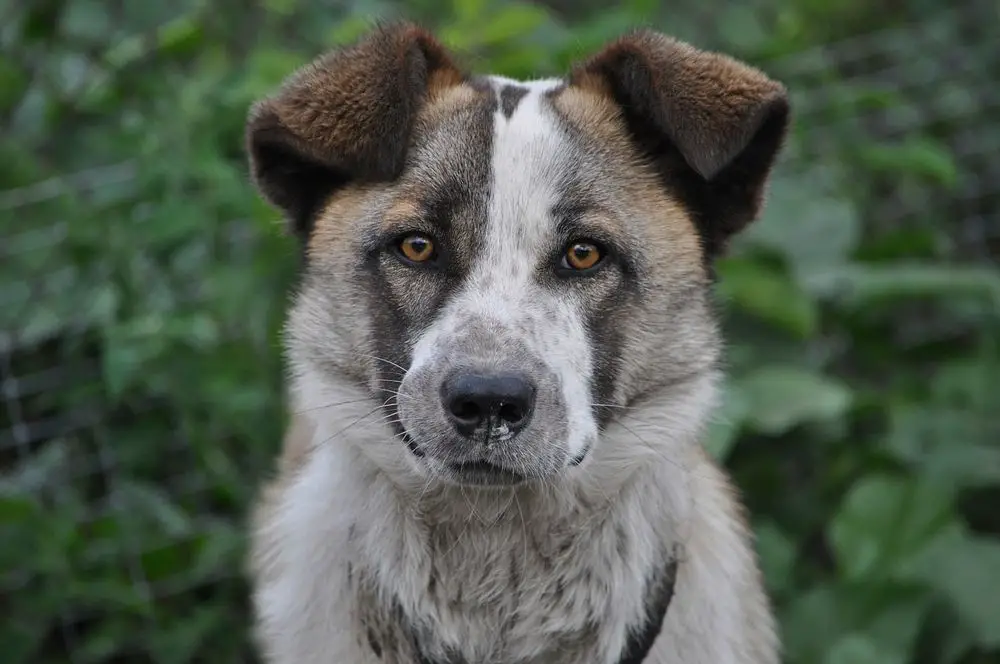
You know how dogs shake themselves off after a bath or a swim? They do something similar emotionally when they face rejection. Instead of dwelling on the fact that the neighbor’s dog didn’t want to play or their human was too busy to toss the ball, they give themselves a literal or metaphorical shake and move on. According to Dr. Marc Bekoff, an animal behavior expert, shaking off tension is a dog’s way of resetting their mood and releasing stress. It’s like hitting the refresh button, leaving them ready for the next adventure.
Dogs don’t overthink it. While people might replay a conversation in their minds or agonize over what went wrong, dogs simply accept the present moment. They don’t hold on to grudges or let negative experiences define their day. It’s a lesson in embracing the now, which we could all use. Imagine how much lighter you’d feel if you could just shake off the little disappointments.
2. Cats Walk Away With Their Heads Held High

Cats are known for their independence, and they embody this trait when faced with rejection. If a fellow feline or even a human snubs them, they don’t linger in the moment. They give a flick of their tail and saunter off with their heads held high, as if to say, “Your loss, not mine.” This ability to keep their composure is admirable and something people can learn from.
This behavior emphasizes self-respect and confidence. Cats don’t waste energy trying to change someone else’s mind; they simply prioritize their own time and energy. People often struggle with the need for validation, but cats remind us that self-worth is not dependent on others’ approval. Next time you feel rejected, channel your inner cat and walk away with dignity.
3. Birds Sing Another Tune
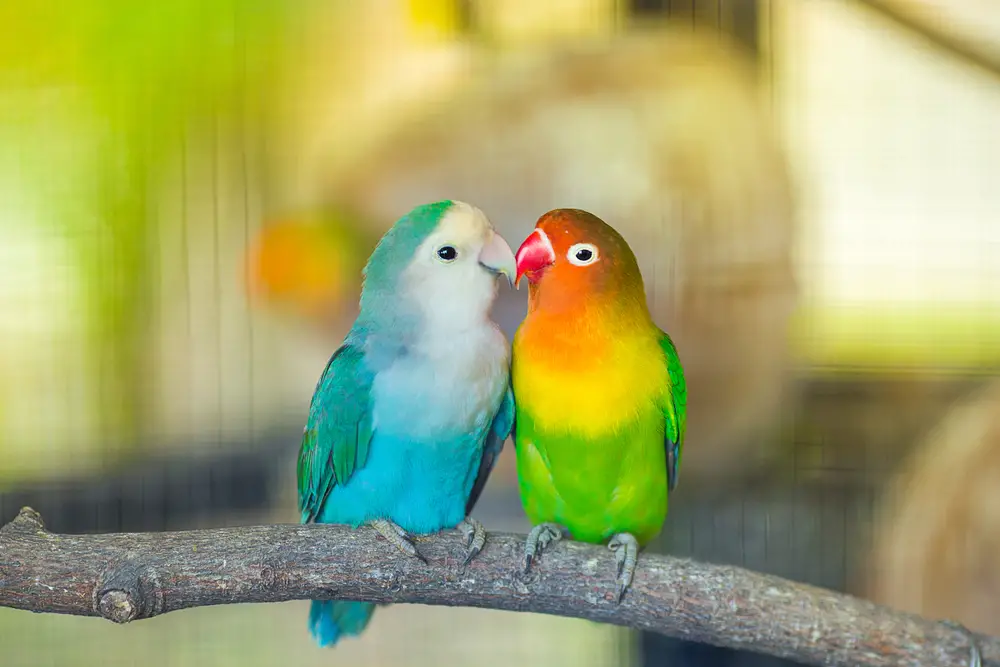
For birds, singing is a way of life. When a bird faces rejection, whether it’s a spurned mating call or a territorial dispute lost, it doesn’t sulk in silence. Instead, it finds a new branch and begins a different song. Dr. Emily Williams, an ornithologist, notes that birds are incredibly adaptable and persistent, often changing their tunes and tactics in response to their environment. This resilience allows them to keep moving forward, no matter the setback.
People often let rejection silence them, but birds teach us that there’s always another song to sing. By shifting focus and adjusting their approach, birds show that flexibility is key to overcoming obstacles. This adaptability is something people can incorporate into their own lives, finding new paths or opportunities rather than staying stuck in rejection. Next time you’re feeling let down, remember that a new tune might be just what you need.
4. Elephants Lean On Their Herd
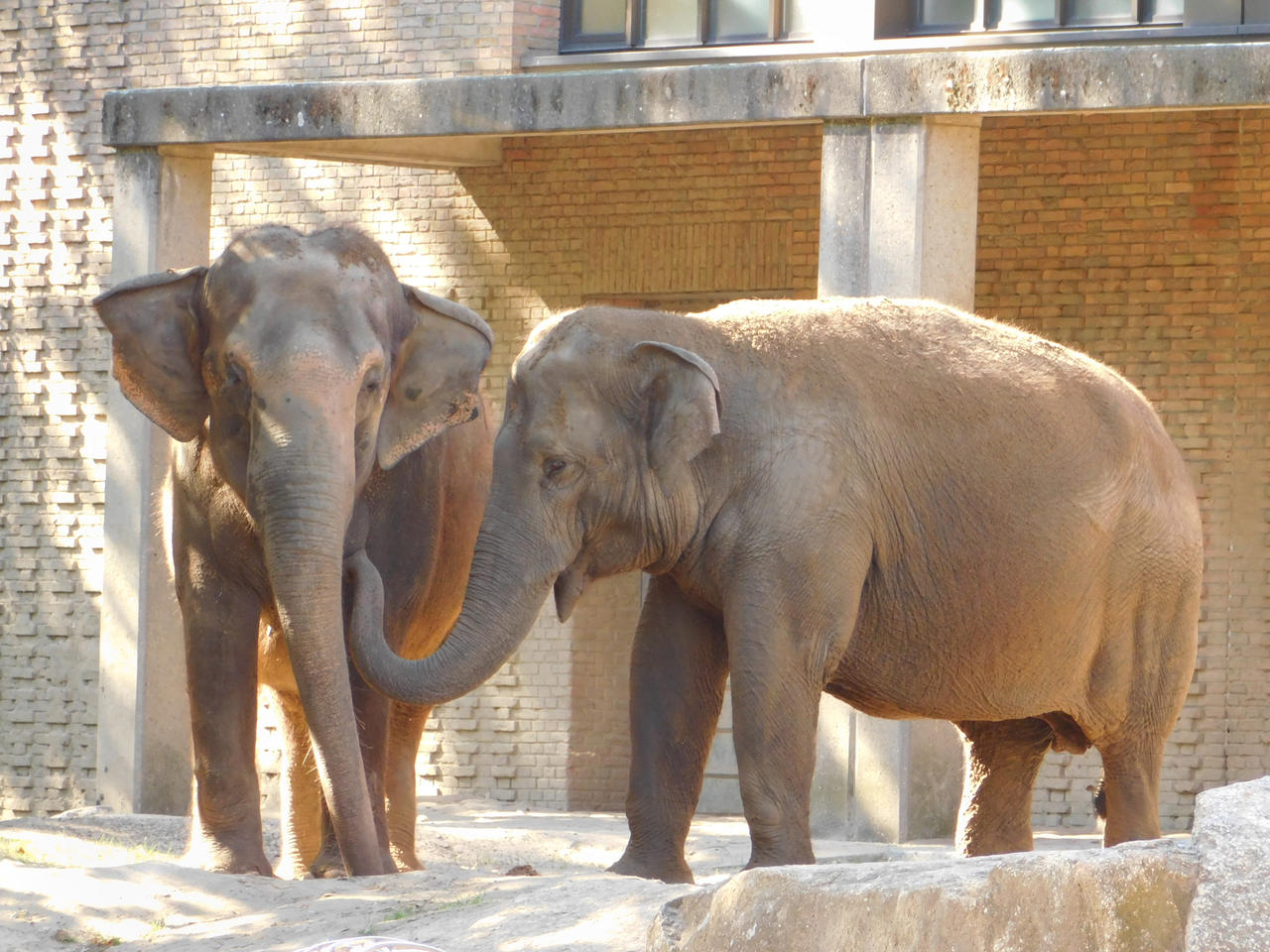
Elephants are known for their strong social bonds and emotional intelligence. When an elephant faces a setback, it doesn’t isolate itself; it turns to its herd. The support of family and friends is crucial, showing that sometimes the best way to handle rejection is through connection. The herd offers comfort and reassurance, helping to lift the spirits of the rejected member.
This approach teaches people the importance of community and leaning on others in tough times. Isolation can amplify feelings of rejection, but reaching out to loved ones can provide perspective and encouragement. Elephants demonstrate that you don’t have to face rejection alone; community support can be a powerful tool in moving forward. So the next time you feel rejected, remember the power of togetherness.
5. Dolphins Play It Off

Dolphins are playful creatures, and this playful attitude extends to how they handle rejection. When faced with a social snub from another dolphin, they’re more likely to engage in a game or find another group to socialize with. A study by Dr. Janet Mann at Georgetown University highlights the social flexibility of dolphins, noting their ability to play with different pods when faced with exclusion. This reflects a resilience that people could benefit from.
By turning rejection into an opportunity for play, dolphins show us that there’s always another chance for joy. People often take rejection too seriously, letting it affect their self-esteem, but dolphins remind us that playfulness can be a way to cope. Embracing a playful mindset can help shift focus away from the negative and towards the potential for new experiences. So the next time rejection stings, consider finding a way to incorporate some play into your day.
6. Wolves Focus On The Pack
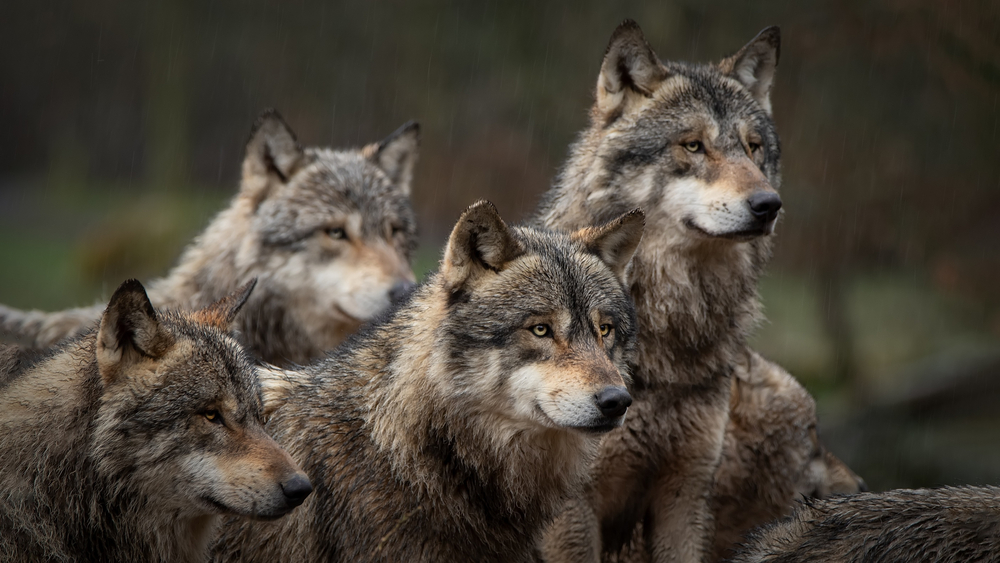
Wolves are pack animals, and their strength lies in their ability to work together. When faced with rejection or failure, wolves don’t dwell on it; instead, they focus on the well-being of the pack. They understand that their individual worth is tied to the group’s success, emphasizing cooperation and support. By channeling their energy into the community, they maintain their sense of purpose and belonging.
This collective focus is a valuable lesson for people who tend to internalize rejection as a personal failure. Instead of getting caught up in individual setbacks, focusing on the broader picture can provide a sense of belonging and contribution. Wolves remind us that supporting others can be just as fulfilling as personal success. When faced with rejection, consider how you can contribute to the greater good.
7. Bees Buzz Along
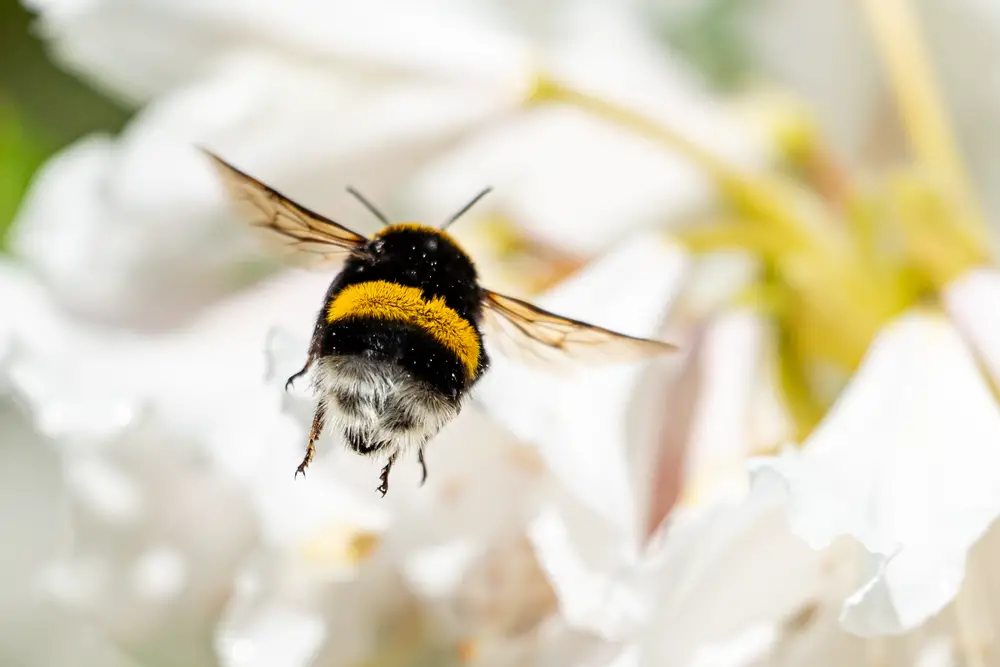
Bees are incredibly dedicated to their work, and rejection doesn’t faze them for long. If a bee is turned away from a flower or its nectar gathering efforts are unsuccessful, it simply moves on to the next opportunity. According to Dr. Thomas Seeley, a bee expert from Cornell University, bees display remarkable persistence and adaptability in their quest for resources. They don’t waste time on what didn’t work; they keep buzzing until they find success.
This persistence is a powerful lesson for people who might give up too soon after a setback. Bees teach us the value of perseverance and the importance of looking for new opportunities. Instead of focusing on what didn’t go right, shifting your attention to the next chance can lead to eventual success. So take a cue from the bees and keep buzzing along, even when faced with rejection.
8. Frogs Jump To New Opportunities
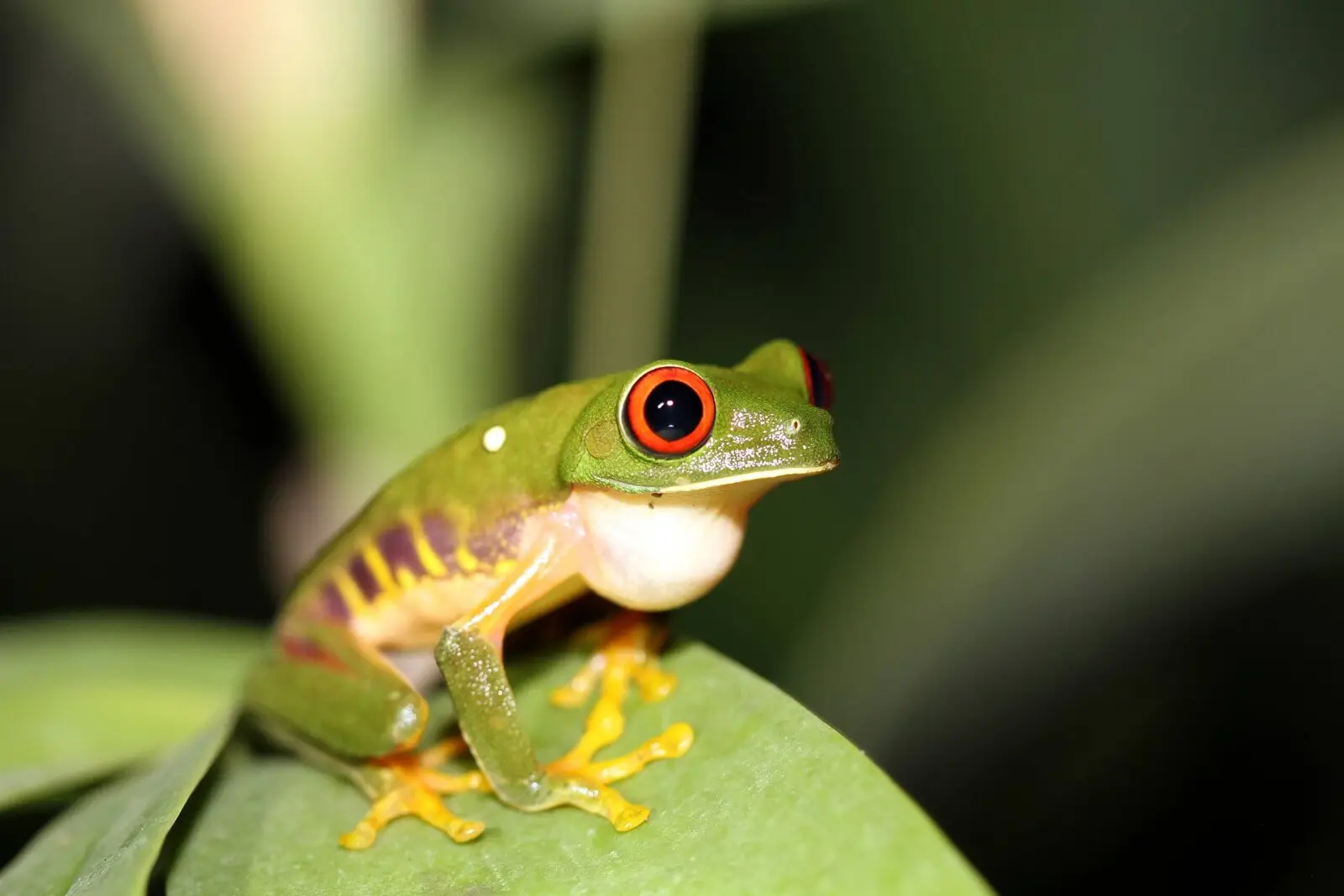
Frogs are known for their ability to leap great distances, and they use this skill in more ways than one. When faced with a failed hunt or a missed mate, frogs don’t linger in one place. They jump to new ponds or areas where their chances might be better. This readiness to explore new environments ensures they don’t stay stuck in disappointment.
People often remain in situations that aren’t working, dwelling on rejection instead of seeking new opportunities. Frogs remind us that sometimes, moving on physically or emotionally is necessary for growth. By being open to change and ready to leap into the unknown, people can find new paths to success. Next time rejection hits, consider if a change of scenery or approach might be just what you need.
9. Horses Find Their Herd
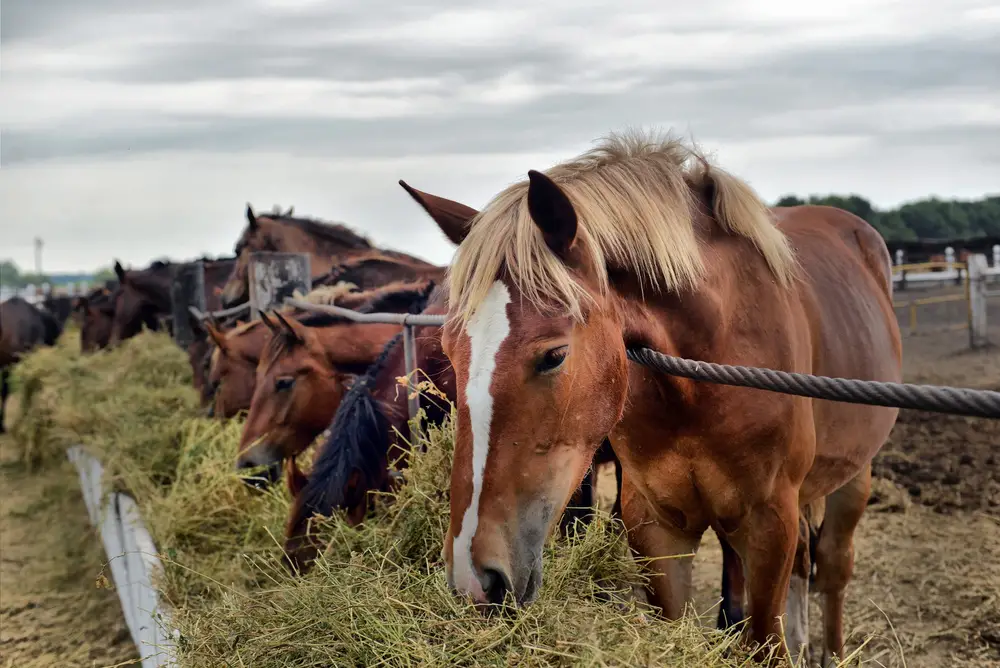
Horses are social animals that thrive in herds, relying on the group for support and safety. When a horse experiences rejection or conflict, it seeks out the company of its herd for comfort. The shared understanding and mutual care within the group provide a sense of belonging and reassurance. This reliance on social bonds helps horses overcome rejection more easily.
This behavior highlights the power of community in overcoming setbacks. People often face rejection in isolation, but horses show us that reaching out to supportive networks can be healing. The feeling of being part of something bigger can alleviate the sting of rejection. So when you’re feeling down, remember the power of finding your herd for support and solidarity.
10. Penguins Stick Together

Penguins are well-known for their strong pair bonds and communal living. When faced with challenges, they huddle together for warmth and protection, showing the strength of unity. If a penguin is rejected, it doesn’t wander off alone; it remains with its colony, drawing strength from the group. This sense of solidarity helps them weather the harshest of conditions.
People can learn from this collective resilience by valuing relationships and community support. Rejection is less daunting when faced with the encouragement and reassurance of others. Penguins remind us that sticking together can provide the warmth needed to move past rejection. Consider leaning on your own community to help counter the chill of rejection.
11. Foxes Adapt And Move On
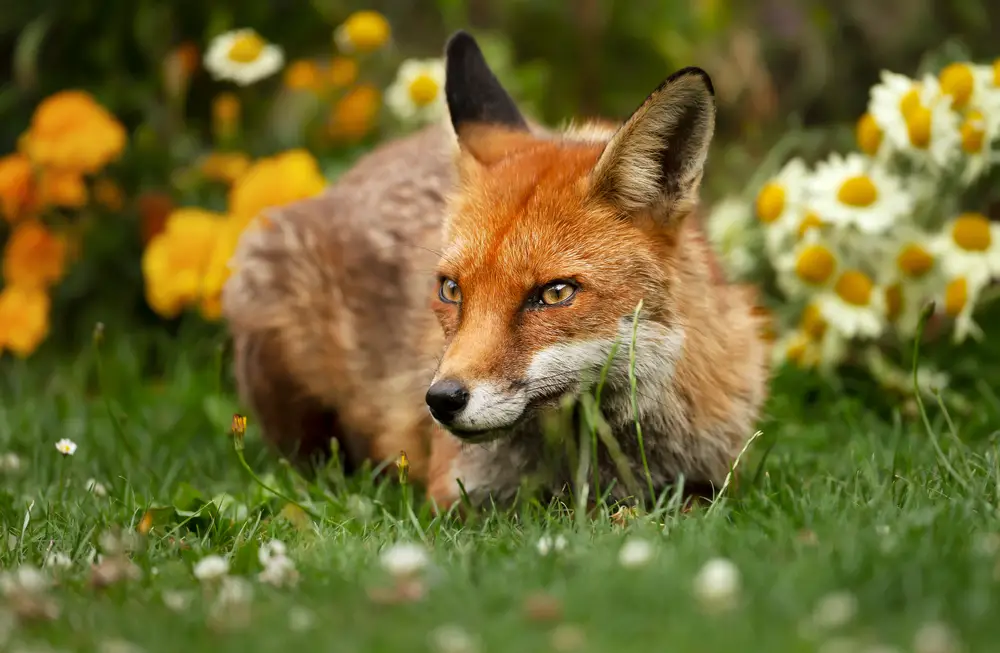
Foxes are intelligent and resourceful creatures, known for their adaptability. When faced with a failed hunt or territorial dispute, they quickly reassess and adapt to the situation. Instead of dwelling on what didn’t work, they explore other options and shift their tactics. This ability to pivot quickly enables them to thrive in changing environments.
People often struggle with change, letting rejection hinder their progress. Foxes teach us the importance of flexibility and open-mindedness in the face of setbacks. By being willing to adapt and try new approaches, people can turn rejection into an opportunity for growth and learning. So when rejection strikes, channel the fox’s adaptability to navigate the challenges ahead.
12. Turtles Retreat And Reflect

Turtles are known for their slow and steady nature, and this applies to how they handle rejection too. When faced with a threat or setback, they retreat into their shells, taking a moment to pause and reflect. This protective mechanism allows them to gather their thoughts and emotions before moving forward. It’s a reminder that taking time to process is a valid response to rejection.
People often feel pressured to bounce back after rejection immediately, but turtles show us the value of taking a breather. By allowing yourself the space to reflect and regroup, you can emerge with a clearer perspective and renewed energy. Embracing this turtle-like approach might help you handle rejection with more patience and calm. Next time you face rejection, consider taking a moment to pause before making your next move.
13. Koalas Find Comfort In Familiarity
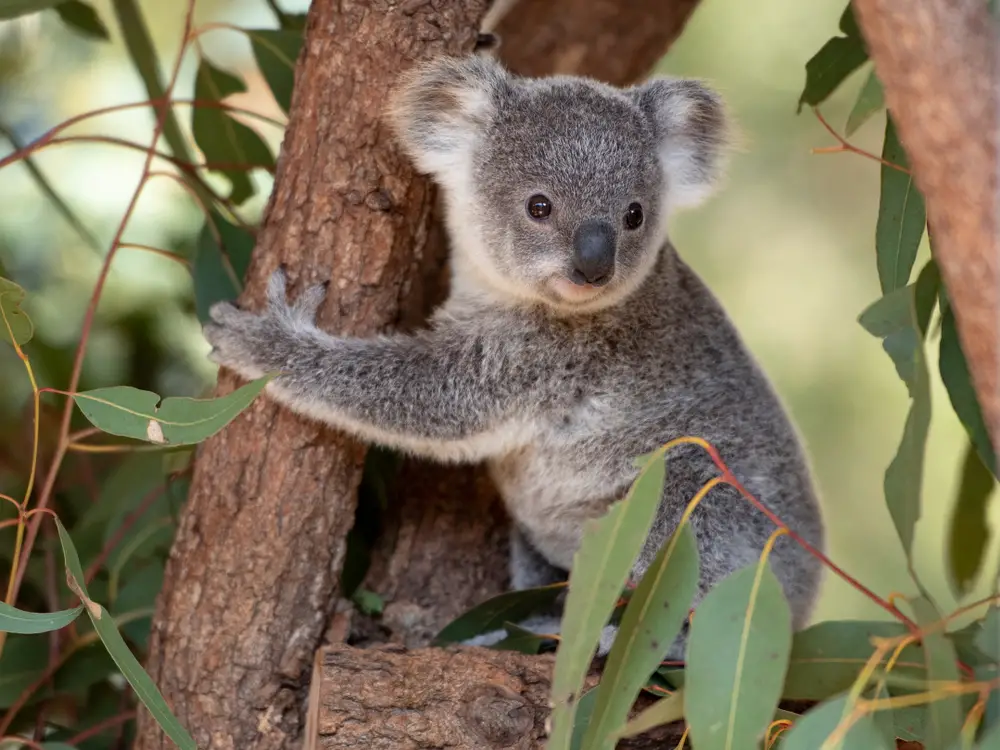
Koalas are creatures of habit, finding comfort in the familiarity of their eucalyptus trees. When they face disruption or conflict, they retreat to their trees for safety and solace. This retreat into a familiar environment provides them with the stability needed to regain their composure. It’s a testament to the power of comfort zones in managing stress and disappointment.
While people often hear the advice to leave their comfort zones, koalas remind us that there’s value in returning to them in times of stress. Rejection can be overwhelming, and finding solace in familiar routines or environments can be grounding. Embracing your own comfort zone might provide the reassurance needed to face rejection with confidence. So when things don’t go as planned, consider seeking comfort in the familiar to help regain your strength.
